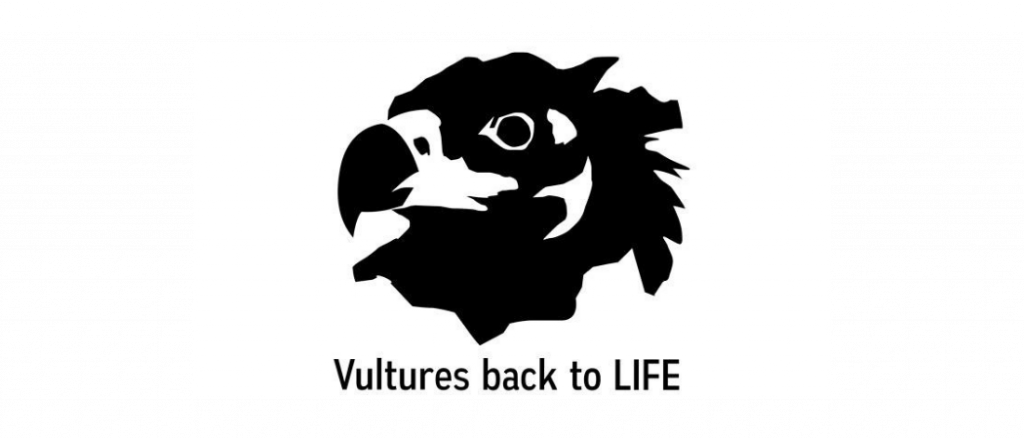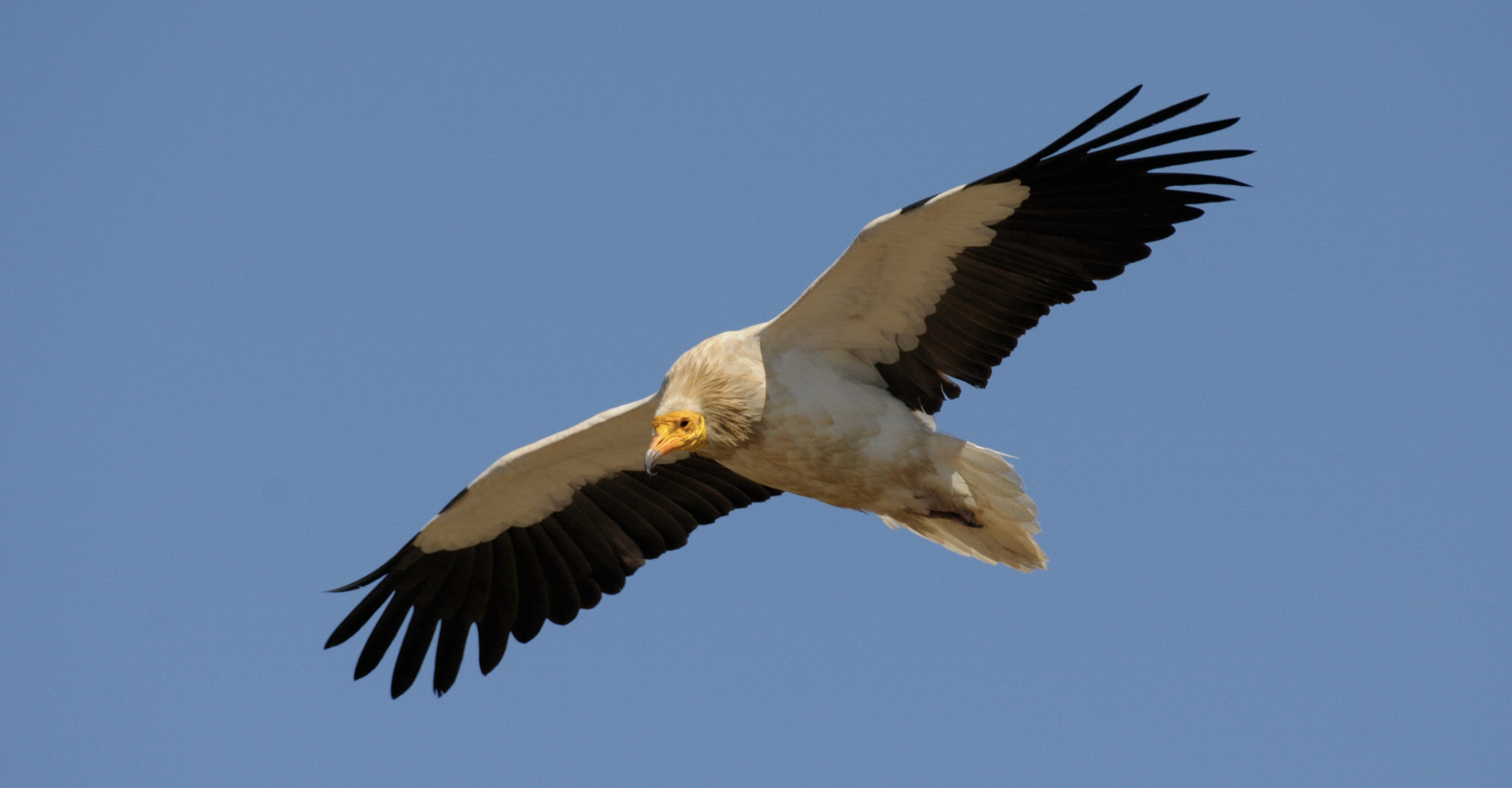
For the twelfth year, Griffon Vulture (Gyps fulvus) reintroduction in the Kresna Gorge, Bulgaria, continued in 2021.
In 2017, a severe incident caused a massive blow with the poisoning of 30 birds, severely affecting a large proportion of the Griffon Vulture breeding population in Kresna Gorge. Thanks to the continued efforts of the Fund for Wild Flora and Fauna (FWFF) to support these birds within the Vultures Back to LIFE project, the population is making a steady recovery.
Releases of Griffon Vultures in the Kresna Gorge

In the autumn of 2021, FWFF transferred five Griffon Vultures to the acclimatization aviary in Kresna Gorge. The team also released two other Griffon Vultures in the wild. Those two, as well as nine captured wild birds, were equipped with GPS/GSM transmitters.
Results from the breeding period
Several pairs demonstrated breeding behaviour in 2021 – out of the four breeding pairs in the Kresna Gorge, two successfully fledged chicks in 2021. The release of immature Griffon Vultures should continue with at least ten birds per year until the colony starts to produce a minimum of ten juveniles per year.
Exchange of Griffon Vulture individuals between colonies


The exchange of individuals between the Griffon Vulture colonies in Demir Kapia, North Macedonia, and Kresna Gorge, Bulgaria, continued. Furthermore, Kresna Gorge had visits from Griffon Vultures marked in Israel, Greece, Serbia, Croatia, Italy, and other parts of Bulgaria. On the other hand, birds released in Kresna Gorge visited Serbia, Greece, Austria, Turkey, Italy, Israel, North Macedonia and other parts of Bulgaria (Vrachanski Balkan, Sinite Kamani, Central Balkan, Kotel, and Eastern Rhodopes). Overall, more than 100 individually recognized Griffon Vultures were recorded in Kresna Gorge last year.
Although the breeding nucleus is small, the area has a central place in the Balkan Peninsula since it serves as a summering, on passage, and wintering site for the species.
Other rare bird species attracted to the area
The presence of the Griffon Vultures and the feeding site continuously attract other rare and threatened species in the area. The team recorded three Cinereous Vultures (Aegypius monachus) and four Egyptian Vultures (Neophron percnopterus) in Kresna Gorge in 2021.
Several conservation actions implemented

The supplementary feeding of vultures continued in 2021, with 147 feedings done and 34 tones of food provided throughout the year.
The team released three more Fallow Deer in the area as part of the long-term attempts to restore food sources for vultures. In addition, FWFF still keeps a herd of Rhodope Short Horn Cattle in Kresna Gorge, and the herd’s numbers are on the rise. More and more farmers are now interested in raising this breed.
FWFF also intensively tracks and collects GPS data from Griffon Vultures to help detect and prevent serious poisoning incidents.
On another positive note, the increase of the colony is evident in 2022. FWFF observed ten nests after the released birds in 2017-2018 are reaching maturity.
The Vultures Back to LIFE project

Led by Green Balkans in collaboration with the Fund for Wild Flora and Fauna, Vulture Conservation Foundation, Junta de Extremadura and Euronatur, the Vultures Back to LIFE project aims to reintroduce the Cinereous or Eurasian Black Vulture to Bulgaria. The team will transfer and release into the wild around 60 birds, some coming from captive-breeding backgrounds but mostly from Spanish wildlife rehabilitation centres. The project will also create supplementary feeding stations, increase populations of wild herbivores, improve nesting conditions and tackle some of the major threats to support the return of the species.

Source:
Peshev, H., E. Mitrevichin, А. Grozdanov, N. Vangelova, G. Georgiev, N. Stoyanov & E. Stoynov (2022): Re-introduction of the Griffon Vulture Gyps fulvus in Kresna Gorge of Struma River, Bulgaria, Annual Report 2021, Fund for Wild Flora and Fauna, Blagoevgrad. DOI: 10.13140/RG.2.2.12352.33287



